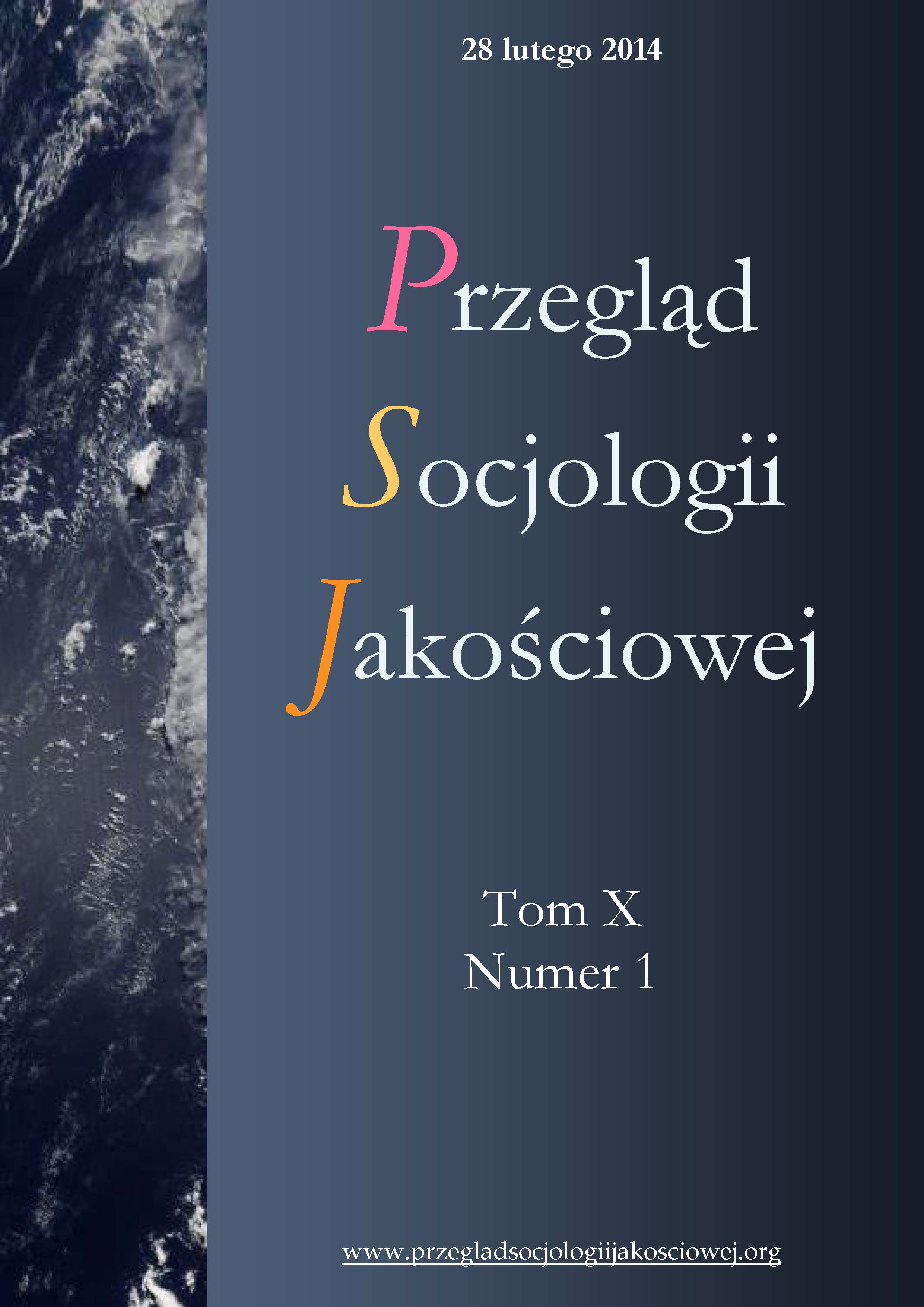Polish People’s Army Colonel. On Concealments in the Biographical Narrative
DOI:
https://doi.org/10.18778/1733-8069.10.1.07Keywords:
biographical sociology, PRL, People’s Republic of Poland, concealment, narrative interviewAbstract
The paper undertakes the issue of concealments in the biographical narrative of Polish communist government’s functionaries. It is a study of various strategies of avoiding telling the stories about the period of PRL, based on a fourteen-hour narrative interview with a retired colonel of Polish People’s Army. The author proposes a continuum of these strategies, which extends from the de-politicization of narrator’s participation in the previous system, through the strategy of minimal concessions to taking off responsibility for the participation in the system. Acording to the author, the continuum can be a first step to creating a more complex model that would be a useful tool for improving the efficiency of research on the functionaries of the previous system. The continuum is also aimed at proposing to start a reflection on the issue of concealment in such research, which seems to be particularly important in the current situation of consistent denial of the communist period within the Polish public discourse.
Downloads
References
Kaźmierska Kaja (2008) Biografia i Pamięć. Na przykładzie pokoleniowego doświadczenia ocalonych z zagłady. Kraków: Zakład Wydawniczy Nomos.
Google Scholar
Kołodziej-Durnaś Agnieszka (2010) Autobiografia Alice Salomon – struktury procesowe biografii a losy narodu niemieckiego. „Przegląd Socjologii Jakościowej”, t. 6, nr 2, s. 60–80 [dostęp 9 lutego 2014 r.]. Dostępny w Internecie: http://www.qualitativesociologyreview.org/PL/Volume13/PSJ_6_2_Kolodziej-Durnas.pdf
Google Scholar
DOI: https://doi.org/10.18778/1733-8069.6.2.03
Prawda Marek (1989) Biograficzne odtwarzanie rzeczywistości (o koncepcji badań biograficznych Fritza Schütze). „Studia Socjologiczne”, nr 4, s. 81–98.
Google Scholar
Ricoeur Paul (2006) Pamięć, historia, zapomnienie. Przełożył Janusz Margański. Kraków: Universitas.
Google Scholar
Rokuszewska-Pawełek Alicja (2002) Chaos i przymus: trajektorie wojenne Polaków – analiza biograficzna. Łódź: Wydawnictwa Uniwersytetu Łódzkiego.
Google Scholar
Szacka Barbara (2006) Czas przeszły, pamięć, mit. Warszawa: Scholar.
Google Scholar
Ziółkowski Marek (2001) Pamięć i zapomnienie: trupy w szafie polskiej pamięci zbiorowej. „Kultura i Społeczeństwo”, nr 3-4/2001, s. 3–21.
Google Scholar
Downloads
Published
How to Cite
Issue
Section
License

This work is licensed under a Creative Commons Attribution-NonCommercial-NoDerivatives 4.0 International License.














